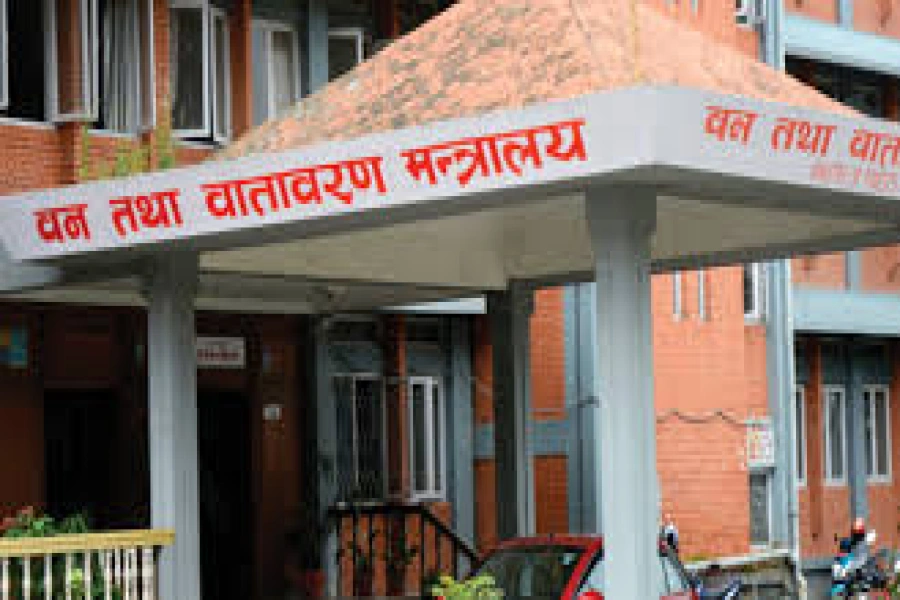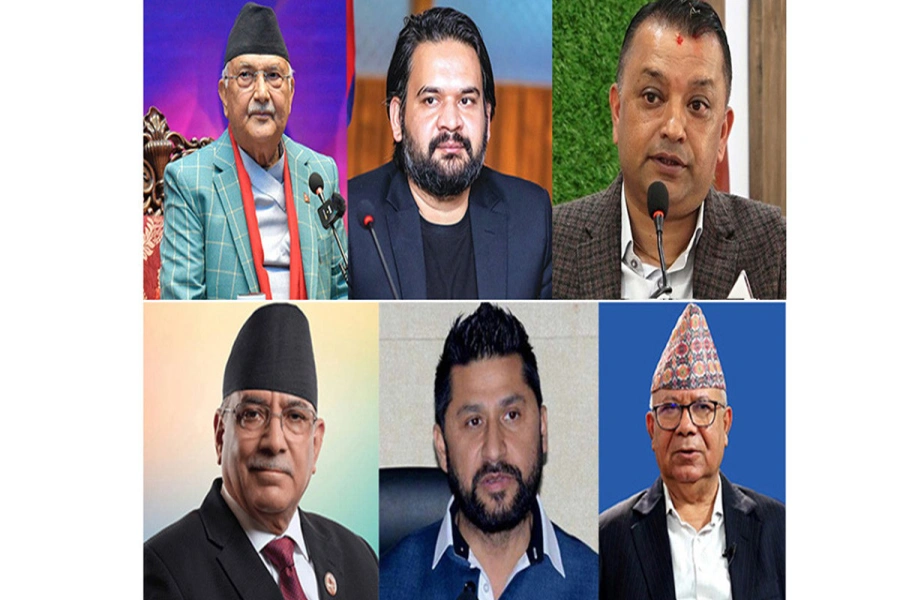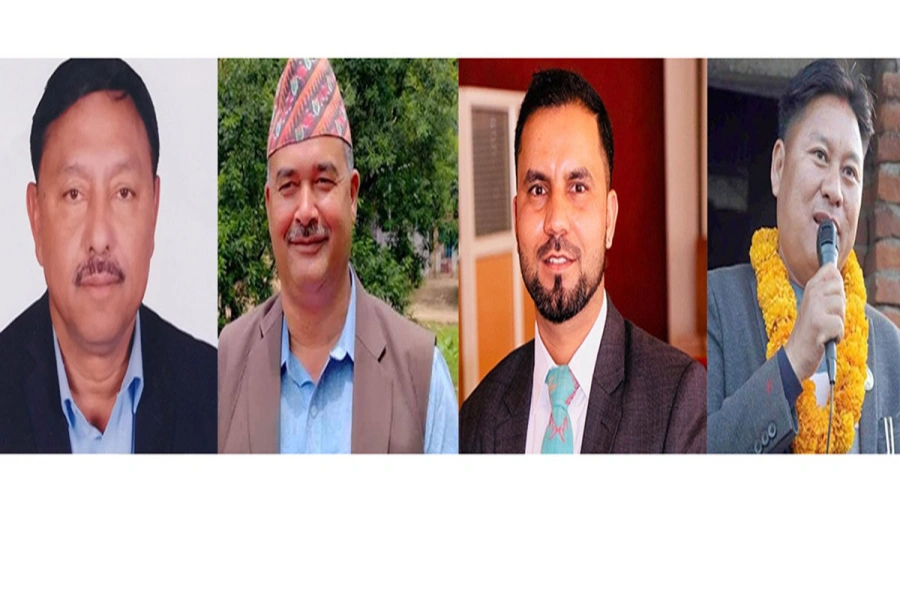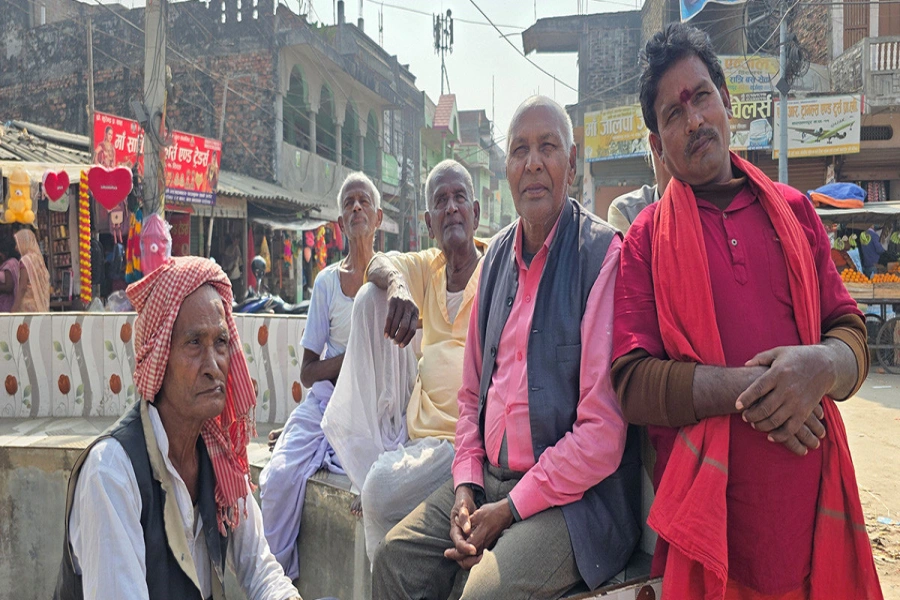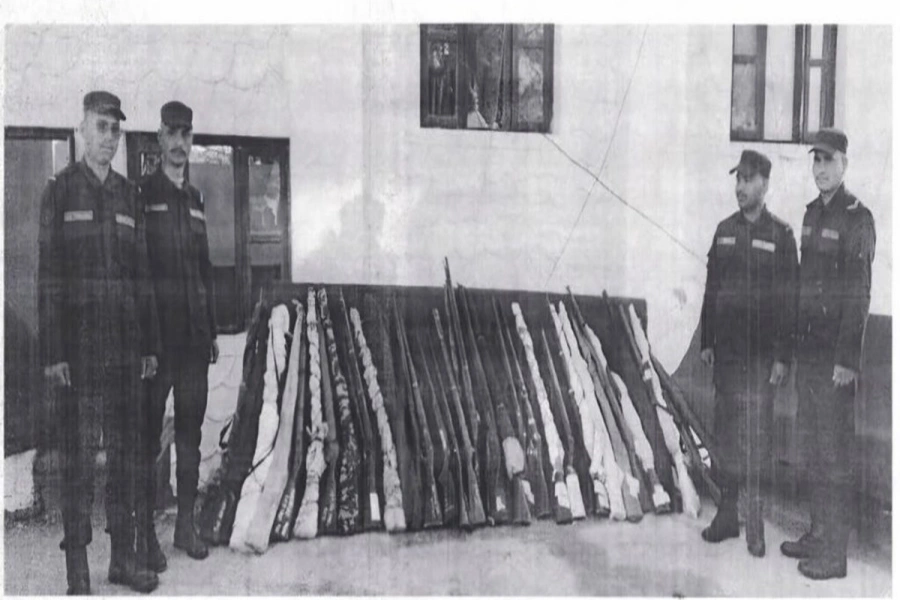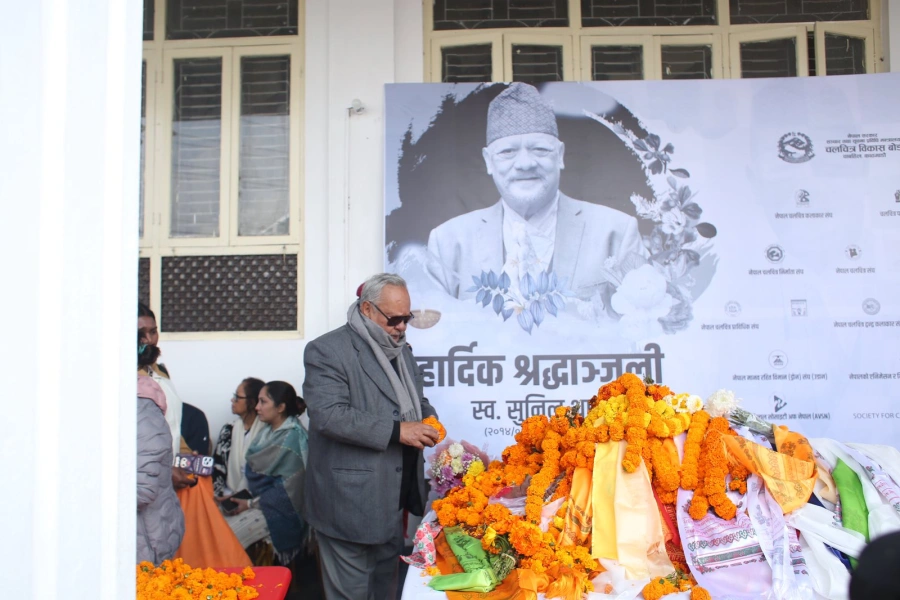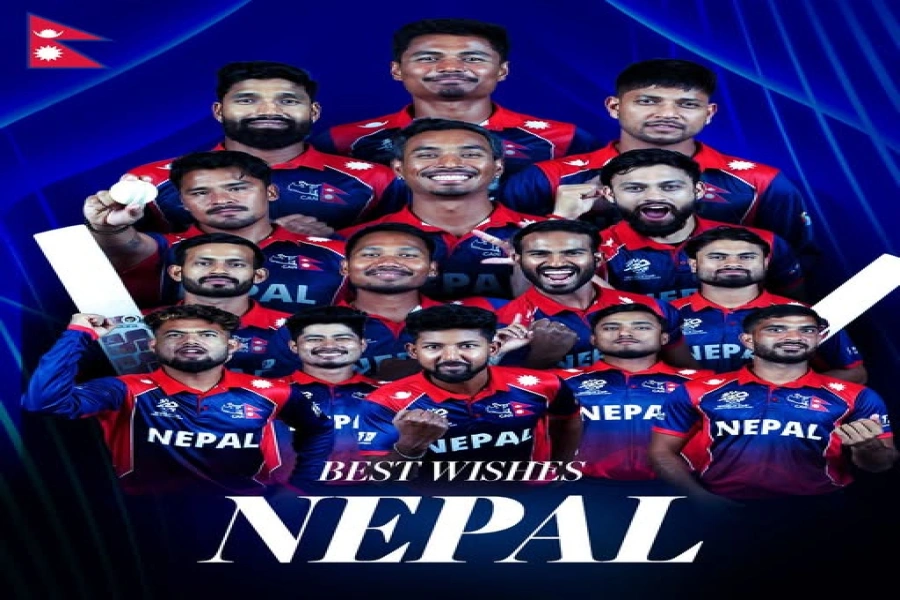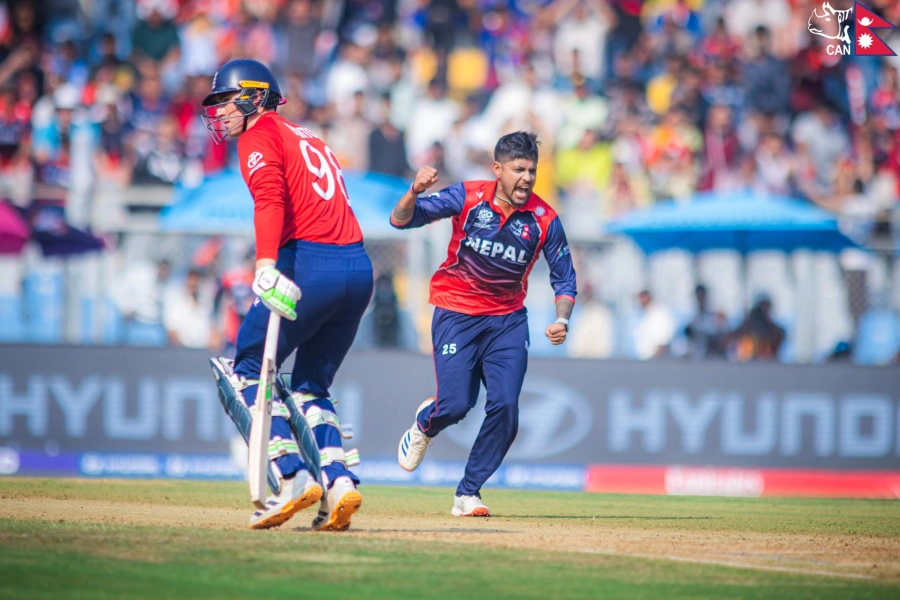It will be a national disgrace if laws are framed to allow cow slaughter. It could invite huge uproar, conflict and even bloodshed
Statement from deputy speaker of Province 3 Radhika Tamang regarding cow slaughter stirred anger in Nepal. She is reported to have spoken in favor of drafting a new law that permits cow slaughter in Nepal. Cow, our national animal, is holy to more than 80 percent Hindu population. Since the beginning of Hindu civilization, cow is taken as a surrogate to Goddess Laxmi or mother. This is why cow slaughter is extremely infuriating proposition for Nepalis.
Majority of people here do not want to hear anything disrespectful towards cow. But some minority groups treat cows as animals that can be killed for consumption. Since Tamang belongs to the ethnic community that sees nothing wrong in slaughtering cows. From her point of view, she may only have tried to ensure the rights of her people to consume beef. The tradition they have been following for a long time. But this raises many questions. Should the state ban cow slaughter to address the voice of majority? In the same vein, can a state restrict food habits of certain minorities to satisfy the majorities?
Cow and politics
Cow is the election symbol of Rastriya Prajatantra Party Nepal (RPP) granted by the Election Commission, though it questioned the party over provisions on Hinduism. Hindus feel strongly about cows. No Hindu can tolerate any disrespectful words against cow. RPPN capitalized on this sentiment and won considerable number of seats in the first Constituent Assembly elections. Even the educated class of the valley voted for RPPN. In the recent election, agenda of Hinduism did not help the party much. But the fact remains that many still think of secularism as an imported idea. Even top leaders have confessed that.
Kavre homestay holiday packages getting popular among foreigner...

The interest of European Union in Nepal’s religious sphere has now become an open secret. The EU is openly speaking in favor of proportional representation system, secularism and ethnicity. This was evident from its recent report on Nepal’s constitution and election process. In the name of giving rights to minorities it is trying to mislead the citizens by giving provoking statements.
International practice
Some countries allow their citizens to kill national animals for consumption others have outlawed the practice. For instance, Australians eat Kangaroo though it is their national animal. Kangaroo steak, Kangaroo mince, sausages are easily available in the market.
In Denmark, swan, its national emblem, is killed for making delicacies though hunting, killing and eating swan is strictly prohibited in most of Europe. In Finland, Brown Bear, its national animal, is a favorite meal in their picnic. A fried bear rump roast is a popular winter time meal. Saudi Arabia even permits its citizens to eat camel even though it’s their national animal. Camel curries, gravy, stir fry-are famous dishes in their area. Sweden permits its people to devour elk, their national emblem.
It is no surprise that elk, with their generous layer of fat make a mighty meal. Served with boiled potato and cabbage and you have a hearty meal to keep you warm and tasty. There are other countries like Japan, Spain, and Monaco that permit their people to kill their national animals.
Special case
None of the above examples justify cow slaughtering in Nepal. Cow is not only our national animal, it is the symbol of our religion and Hindu values. The above mentioned countries allow their citizens to kill national animals because they are not related with religion and spirituality.
It would be a national disgrace if laws are framed to allow cow slaughter. Doing so would invite huge uproar, conflict and even bloodshed. Nepal is the country with the highest level of religious tolerance. Those who are advocating for cow slaughter seem to be trying to break this tolerance. It is also suspected that some are working from behind the scene in order to fulfill their vested interests and create chaos in Nepal.
If we cannot resolve this issue now, it might emerge as a bone of contention in all seven provinces. Let’s respect the cow for what it is. Let’s not use it sow seeds of conflicts and violence across the country.
The author is a lecturer at Khwopa College, Bhaktapur



